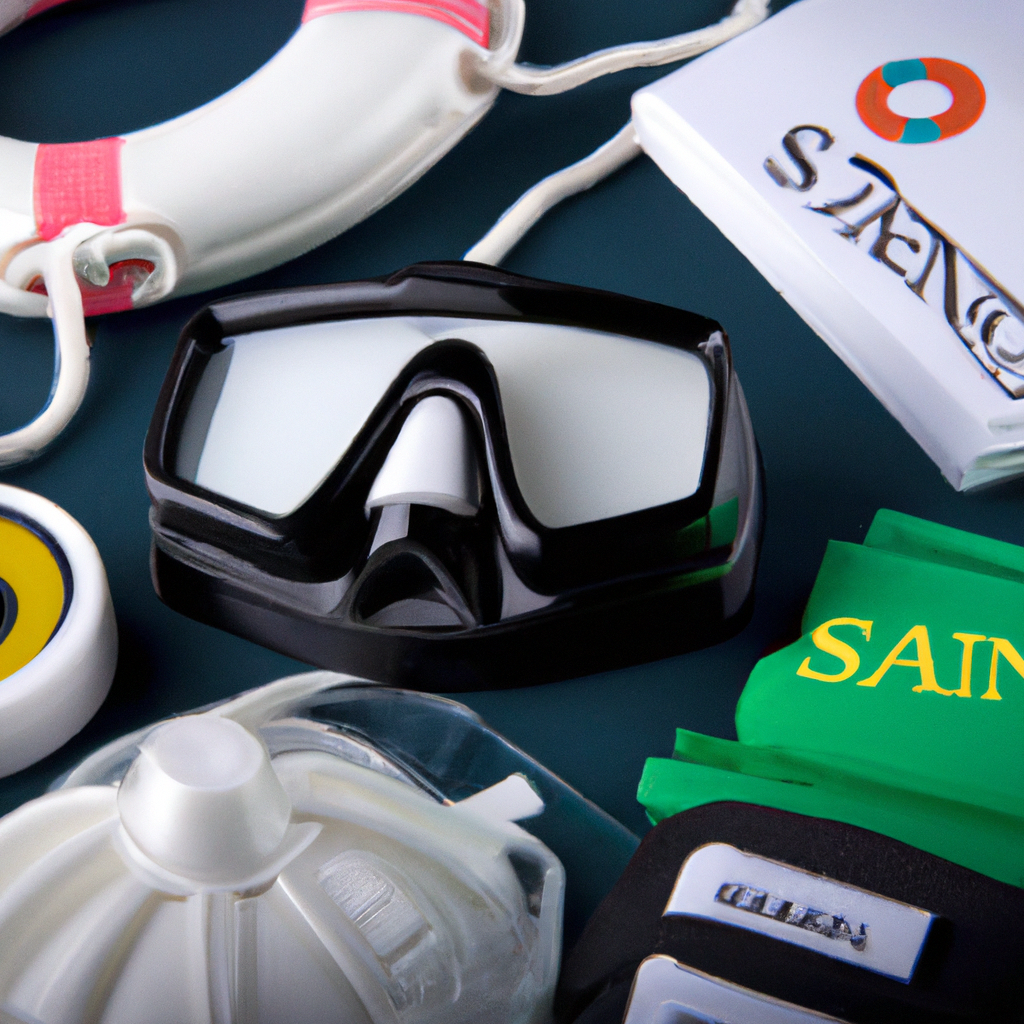Sailing Safely: An In-Depth Look at Insurance for Nautical Activities

In the vast and exciting world of nautical activities, safety is a crucial element that should never be underestimated. Whether it is recreational boating, fishing, water skiing, diving or any other type of water activity, having adequate insurance is a necessity that cannot be ignored. This article takes a deep dive into the topic of boating insurance, providing a comprehensive guide to the different types available, the benefits and coverage they offer, advice on how to select the most suitable one for your needs, and case studies that highlight their importance. Join us on this informative journey and make sure your next adventure on the water is backed by the right protection.
- 1. "Types of insurance for nautical activities: a complete guide"
- 2. "Benefits and coverage of insurance for nautical activities"
- 3. "How to select the right insurance for your nautical activities"
- 4. "Case studies: importance of having insurance for nautical activities."
1. "Types of insurance for nautical activities: a complete guide"
Nautical activities, whether for recreational or professional use, carry inherent risks that can be mitigated through different types of insurance. Recreational boat insurance is one of the most common, covering physical damage to the boat, civil liability for injuries to third parties and damage to other people's property. There is also civil liability insurance for yacht clubs, which protects the entity against claims for injuries or damages that occur at its facilities. For professionals, hull and machinery insurance protects the vessel against damage while it is on the water, while protection and indemnity insurance covers the owner's legal liability for injury, illness or death of the crew on board. Finally, cargo insurance covers the merchandise transported on the vessel. It is important to explore and understand each of these insurances in order to select the most appropriate one according to the specific needs of each nautical activity.
2. "Benefits and coverage of insurance for nautical activities"
Insurance for nautical activities offers a series of benefits and coverage that provide protection and peace of mind to water sports enthusiasts. Among the most common coverages include civil liability, which covers damages caused to third parties; own damage coverage, which protects the boat against possible damage or loss; and assistance at sea coverage, which provides tugboat services, mechanical assistance and emergency rescue. In addition, some insurance policies also offer coverage for nautical equipment, personal effects, and medical or repatriation expenses in the event of an accident. These insurances can be adapted to different types of boats and activities, from recreational boating to professional competition, making them an essential tool to enjoy boating safely.
3. "How to select the right insurance for your nautical activities"
Selecting the right insurance for your boating activities requires detailed research and a deep understanding of your specific needs. First of all, you must evaluate the type of nautical activity you will do. For example, insuring a luxury yacht is not the same as insuring a fishing kayak. Secondly, consider the specific risks associated with that activity, such as accidents, damage to third parties, theft or loss of equipment. In addition, it is important to take into account factors such as the geographic coverage of the insurance, if you are going to carry out nautical activities in different places or countries. Finally, compare policies from different insurance companies. Pay attention not only to the price, but also to the company's reputation, policy exclusions, and ease of making claims. Remember that the goal is to find insurance that offers complete coverage and at a reasonable price.
4. "Case studies: importance of having insurance for nautical activities."
The importance of having insurance for nautical activities can be illustrated through several case studies. For example, in an incident that occurred in 2017, a group of tourists sailing on a private yacht in Florida waters suffered an accident due to mechanical failure. The boat sank and, fortunately, the tourists were rescued. However, the yacht, valued at more than a million dollars, was a total loss. Thanks to having adequate nautical insurance, the owner was able to recover the entire value of the boat. In another case, a professional diver in Australia was bitten by a shark in 2018. Although he survived, his medical bills amounted to more than $200,000. His nautical activities insurance covered all of his medical expenses, demonstrating once again the importance of having this type of insurance.
